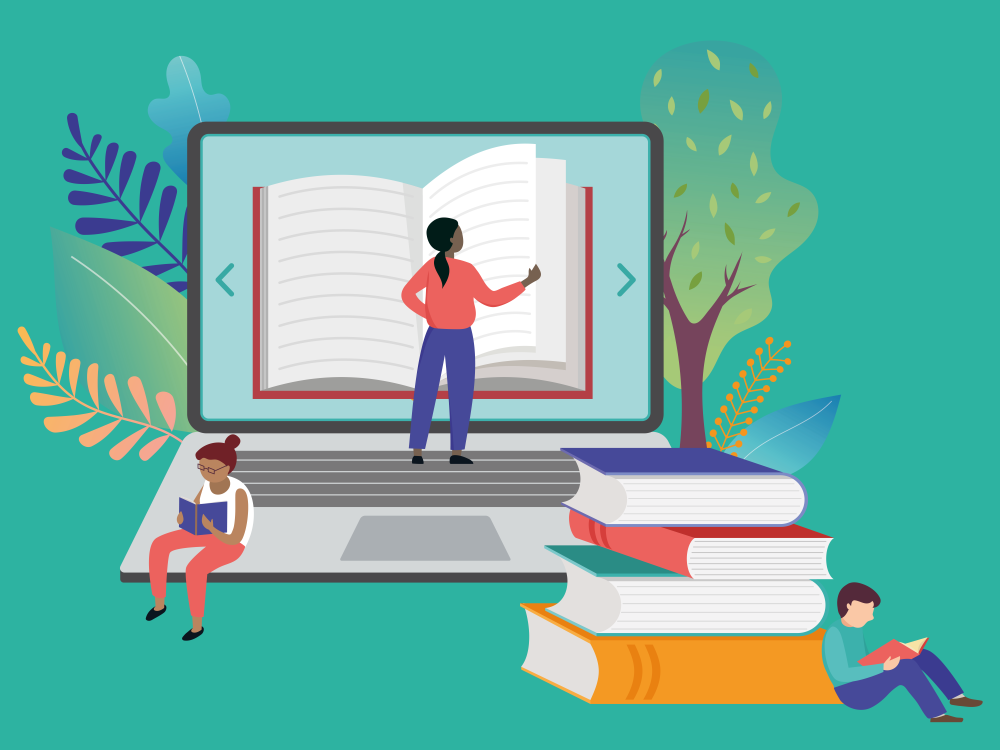By Sofia Keigher
The pandemic presented teachers with a myriad of unforeseen challenges for educating children outside the four walls of the classroom; such challenges are magnified for those with special educational needs (SEN). In a rush to provide remote learning provision, children with SEN were harder to reach and easily overlooked. The winners of the International Award for Diversity, Equity, Inclusion and Justice, Brighton College Bangkok, share how they tackled this challenge, creating a bespoke remote provision to meet the unique and individual needs of their SEN students in all learning settings.
Identifying, planning for and meeting the needs of SEN students in an international setting throws up an array of unique challenges. Recognising SEN in countries such as Thailand, where a stigma around those with learning difficulties and/or disabilities still exists, is often the first hurdle to overcome.
An absence of a shared understanding of what having SEN actually means for a child between stakeholders requires the careful consideration of potentially conflicting cultural viewpoints. Greatly reduced access to relevant expertise within the health and social care fields also presents challenges, where recognising and diagnosing specific learning difficulties is still a process very much in its infancy. The added elements of the mobility of international families, which can mean painting a detailed picture of SEN over time, and ensuring continuity of provision require enhanced thought and planning.
Despite these challenges, we are a British international school in the modern city of Bangkok. There has been an undeniably positive shift in the mindset of our families, as well as health and education professionals in wanting to further understand how best to support our SEN pupils. We decided to use the opportunities provided to us by our remote learning platform to do just that.
A family-centric approach
Our remote learning provision followed a bespoke family-centric approach that catered for all pupils on our SEN register, covering all four areas of need: social, emotional and mental health; cognition and learning; communication and interaction; and physical and sensory. A key element to the provision’s success was that it also provided support structures for the parents and families of SEN children who are often overlooked. The challenges they faced while supporting remote learning were greater than the rest of our parent body.
Weekly pastoral check-ins ensured pupil and parent wellbeing and enabled us to finetune our support as required. Regular remote parent workshops also offered parents a chance to gain expertise from our staff on how to support their child’s needs in the virtual classroom, as well creating a supportive forum to share strategies on supporting mental health and wellbeing during lockdown. By involving parents, teachers and specialist staff, inclusion and equity became part and parcel of our provision in a time when our community was facing its greatest challenge.
A passport to success
The use of a strategic approach to formulate each bespoke provision ensured that our most at-risk learners did not suffer during the lockdown. Each support package centred around an individualised pupil passport to gently hook pupils, focusing on pupil strength and outlining pupil needs with corresponding evidence-based strategies for differentiation that works.
Using these passports as guidance, key stakeholders met to discuss how each SEN pupil could be best supported during remote learning via the adaptation of support strategies for use in a virtual classroom. These adaptations were then shared with staff via focused remote training sessions on virtual support for SEN pupils.
Now we are back to face-to-face learning, these passports remain at the heart of the support we provide our students; they form the basis of our ‘assess, plan, do, review’ process. This process ensures that support strategies are developed together by all relevant professionals, parents and, of course, the pupils themselves to underpin the support in the classroom and around the school. Key to ensuring the continued success of these strategies is frequently review them to ensure they grow and develop with the pupils for continued success.
Looking to a blended learning future for SEN provision
As international school teachers, we will all be at different stages of emerging from the pandemic and returning to the old familiarity of the classroom. Here in Thailand, restrictions are lifting slowly, but clusters of cases do mean occasional class closures are necessary.
Whilst we can all agree that what we have lived through constitutes the most challenging of times, we surface back into a newly digitised world and things will never be as they were before. There is no substitution for face-to-face teaching; we are so glad to be back in our classrooms. But our newly developed digital knowledge is the newest tool in our kit to help us navigate the challenges of SEN provision, especially in an international context.
Online screening tools for SEN provide instant indicators of need and point us towards obtaining further support for those who need it. Google classrooms support a triangulated approach to learning: gone are the days of those with executive functioning difficulties losing their planners or those with cognition and learning difficulties desperately attempting to get the homework written down from the board. Now, teachers, parents and pupils can all access live documents and personalised workshops and support, which play a key role in pupil progress. Even therapeutic services, such as educational psychologists, speech and language therapists and occupational therapists, can be engaged and accessed online, bypassing the need to join the ever increasing backlog for specialists.
Nothing we learnt in the creation of our bespoke SEN provision is wasted. Rather, it forms the basis for a newly polished, inclusively hybrid SEN provision, ready to meet diverse pupil needs whatever the world may have in store.
Top tips for SEN provision in a remote or blended learning setting
- Ensure each SEN pupil can access a personal virtual classroom so they can check in with staff and retreat there when the need arises. This can reduce sensory overload from larger online classrooms and can also enable opportunities for SEN pupils in blended learning settings when face-to-face learning might feel too overwhelming.
- Consider pupils with EAL needs and how these needs can also be supported remotely – for example, ‘chatterbox’ groups can engage pupils in games and conversation and can support language development. For younger learners, songs supported with signs and symbols can enhance early language learning.
- Train teaching and learning assistants to create virtual breakout rooms to support SEN pupils in live lessons. This can support preloading pupils with lesson content, chances for over-learning and scaffolding and on-the-spot differentiation.
- Consider what SEN support services you can move online. Social and emotional mentoring and counselling, speech and language therapy, working memory support and even screening for SEN, such as online screening tools for dyscalculia, dyslexia and many other needs, can be successfully delivered and accessed remotely, offering greater flexibility for support and specialist staff.
- Where tests and exams have to move online, ensure remote invigilation allows pupils to utilise their access arrangements, and a reader, a scribe or extra time are still options for remote testing.

Sofia Keigher is SENCO and Service Learning Coordinator at Brighton College Bangkok. Connect with her on LinkedIn

